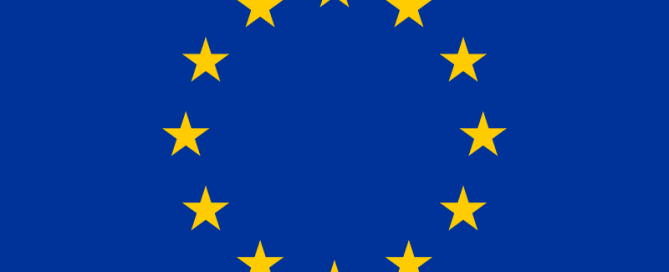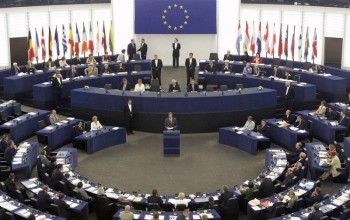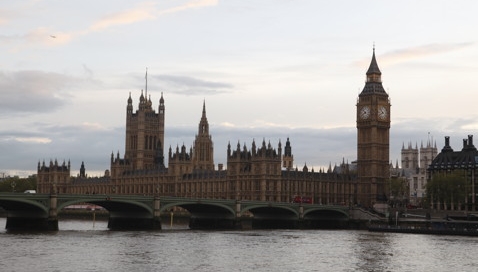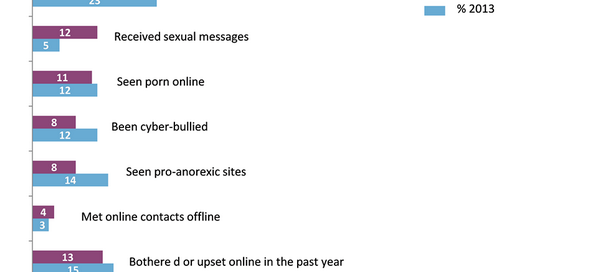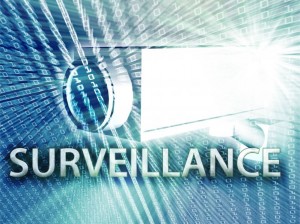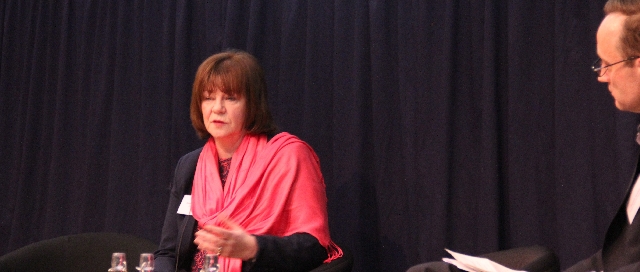Definitions of media literacy remain contested, with different dimensions emphasised or marginalised. Arguably the biggest concern in attempting to reach a consensus on a definition of media literacy is the tendency in some policy statements to undervalue the importance of critical or creative/ communicative dimensions. Definitions vary, and include:
‘The ability to access, analyse, evaluate and communicate messages in a variety of forms’ (US National Leadership Conference on Media Literacy, Pat Aufderheide, 1993). Aufderheide’s full definition can be found at:
http://www.frankwbaker.com/Media_Lit_Quotes.html
‘The ability to use, understand and create media and communications’ (Ofcom). Ofcom’s full outline of media literacy can be found at:
http://stakeholders.ofcom.org.uk/market-data-research/other/media-literacy/
Sonia Livingstone also uses this definition, which is expressed in her discussion on media literacy, which can be found at:
http://eprints.lse.ac.uk/1027/1/What_is_media_literacy_%28LSERO%29.pdf
‘Media literacy relates to the ability to access the media, to understand and critically evaluate different aspects of the media and media content and to create communications in a variety of contexts.’ (European Commission). This definition is given here:
http://ec.europa.eu/culture/media/media-literacy/index_en.htm
1. Background
Media Literacy in the UK
Ofcom:
In aiming to meet this statutory mandate, Ofcom undertakes research into UK citizens’ media literacy needs in order to inform and support public policy initiatives. Ofcom’s research initiatives in this regard are broadly classified into three categories: children’s research, adults’ research, and nations’ research. Ofcom’s Media Literacy Audits for children and parents are undertaken regularly, followed by the publication of detailed reports (the most recent in October 2013). You can view the reports here:
http://stakeholders.ofcom.org.uk/binaries/research/media-literacy/october-2013/research07Oct2013.pdf?utm_source=updates&utm_medium=email&utm_campaign=Media+Use+2013
A commentary of the reports by Sonia Livingstone:
https://blogstest.lse.ac.uk/mediapolicyproject/2013/10/04/the-latest-on-childrens-media-literacy-new-trend-policymakers-parents-must-watch/
Ofcom researches various aspects of children’s media usage and literacy, including children and parents’ attitudes to diverse media; the websites visited by children; how parental controls are exercised and evaluated; and children’s television viewing preferences at different times in the day.
Ofcom similarly undertakes in-depth […]

